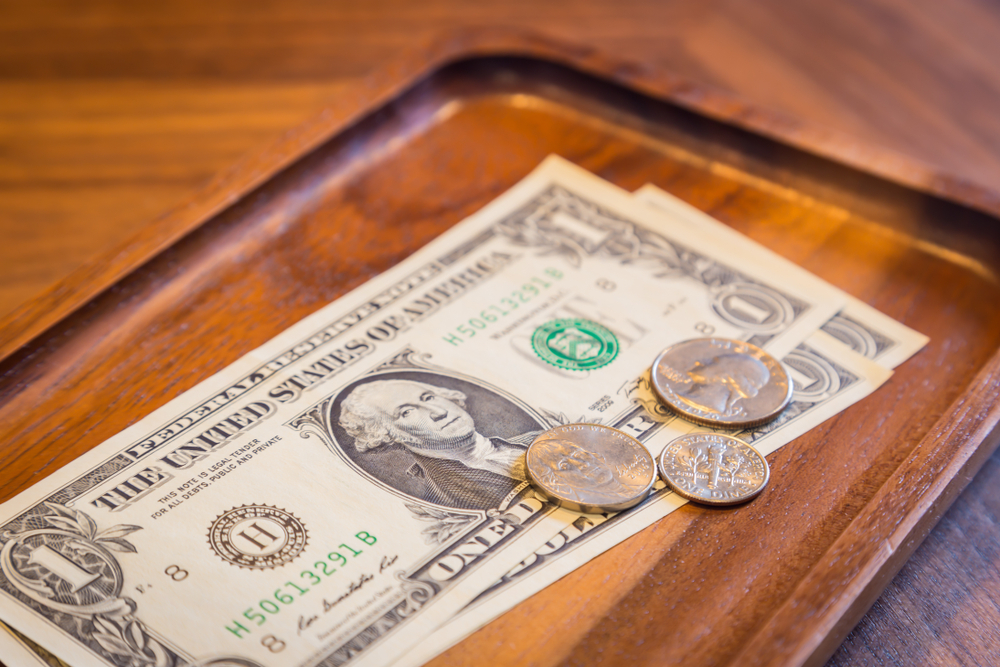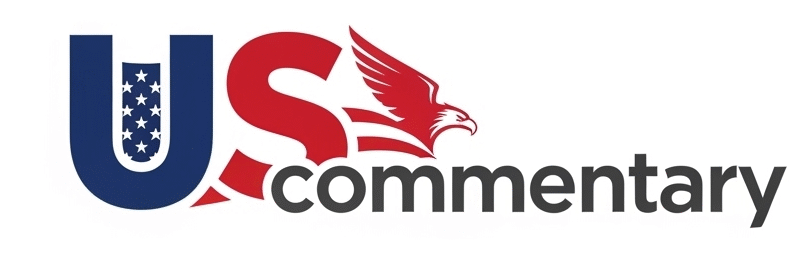
Tipping is a deeply rooted social norm in American dining culture — often seen as a gesture of appreciation and respect.
If you’ve ever traveled to the U.S. or just watched a scene in an American diner on TV, you’ve probably noticed something: people tipping everywhere. It’s not just a polite gesture; it’s a fundamental part of the service economy. Restaurants, cafes, barbershops, delivery drivers, hotel bellhops, and even food trucks—the expectation of a tip seems to follow you wherever you go.
But why? Where did this custom come from, and why is it so entrenched in American culture? Let’s break it down.
🍽️ A Brief History
Tipping wasn’t always an American custom. It actually began in medieval Europe, where it started as a way for wealthy aristocrats to show appreciation to their servants. The word “tipping” itself is believed to have originated from English pubs, where a small gratuity was given to ensure prompt service—a practice known as “To Insure Promptitude.” After the American Civil War, U.S. elites who traveled to Europe brought the practice back with them, seeing it as a sign of sophistication.
But something fundamentally changed when it crossed the Atlantic. Tipping became less about appreciation and more about a new business model. Restaurants and railways saw it as a way to avoid paying full wages, especially to newly emancipated Black workers who were entering the service industry. Tipping, in many cases, became a replacement for a fair wage, a system that exploited workers and allowed businesses to cut costs. Yes, you read that right. And that highly controversial practice stuck.
💵 How It Works Now
Today, tipping isn’t just polite—it’s a critical lifeline for millions of American workers. The federal minimum wage for tipped workers has been stuck at just $2.13 per hour since 1991. The rest of their income, which by law must bring them up to the regular federal minimum wage of $7.25 per hour, is supposed to come from tips. In reality, most servers and bartenders rely on tips for the majority of their earnings.
So, when you see that “20% recommended tip” line at the bottom of your bill, it’s not just a suggestion. For your server, it’s how they pay their rent, buy groceries, and make a living. The pressure is on both the worker to provide excellent service and the customer to reward it appropriately.
🇺🇸 Cultural Pressure and Social Norms
Tipping has become deeply ingrained in American social behavior. The cultural pressure is immense, and you don’t want to be the person who “didn’t tip.” It’s seen as rude, disrespectful, or even a personal judgment on a person’s work ethic. For many, the act of tipping is a way of showing generosity and acknowledging the hard work of another person, even if they don’t love the system.
This pressure has only intensified with the rise of technology. Mobile payment systems now prompt you to tip everywhere, from food trucks and coffee shops to self-checkout kiosks. The screen presents you with options like 15%, 20%, 25%, or “custom tip.” People often tip out of habit or social anxiety, just to avoid the awkward feeling of not tipping or having to press “No Tip” in front of the person serving them.
🧾 Is Everyone Okay With It?
Not really.
Many Americans are frustrated. They feel burdened with the responsibility of paying a worker’s income and are tired of the “tip creep” that has extended the practice to new industries. Critics argue that a reliance on tips creates income instability for workers, perpetuates racial and gender-based wage disparities, and puts the onus of fair compensation on the customer rather than the employer.
In response, a few restaurants and businesses have tried a “no tipping” policy, opting instead to pay their staff a higher, fixed wage. But this hasn’t taken off widely. Why? For one, tipping can be very lucrative for top-performing servers, who can often make more from tips than they would from a higher base salary. Plus, many customers enjoy the power to reward or punish based on service, which they see as a fair way to incentivize good work.
🧭 Final Thought
So, why do Americans tip so much?
Because the system expects it. Because millions of workers depend on it to survive. And because, for now, there’s no better alternative that everyone agrees on.
Until that changes, you’ll need to keep a few extra dollars handy or be prepared to swipe your card—especially if you’re headed to a diner.



